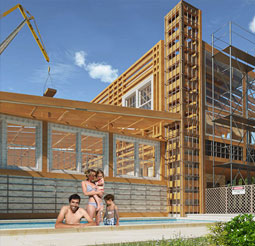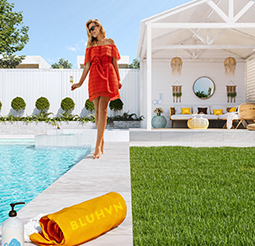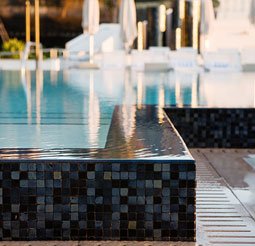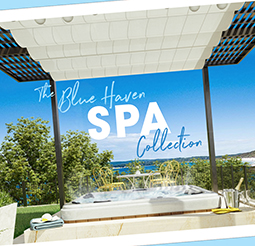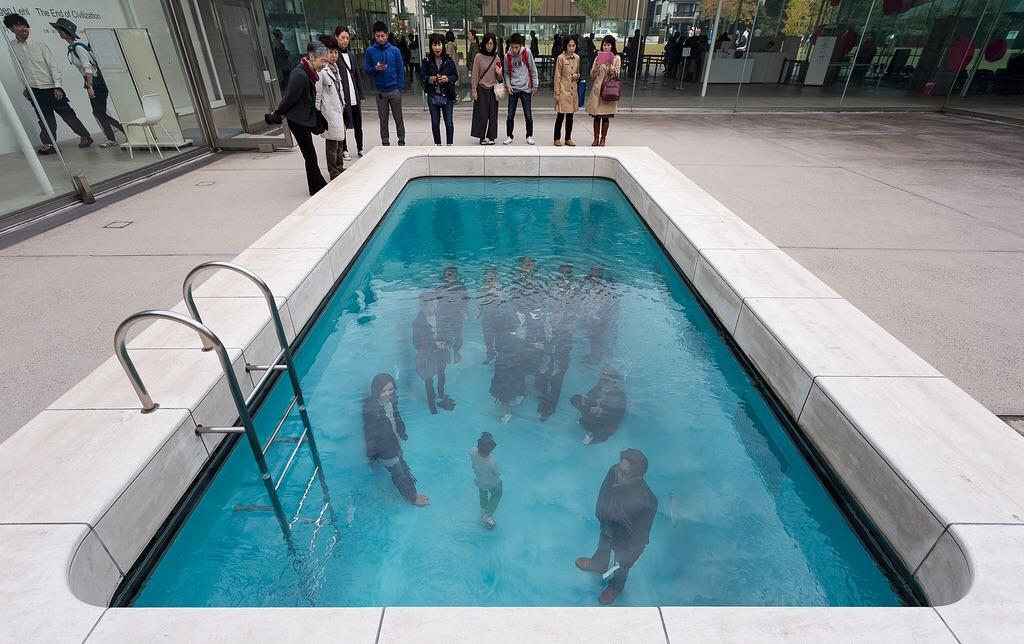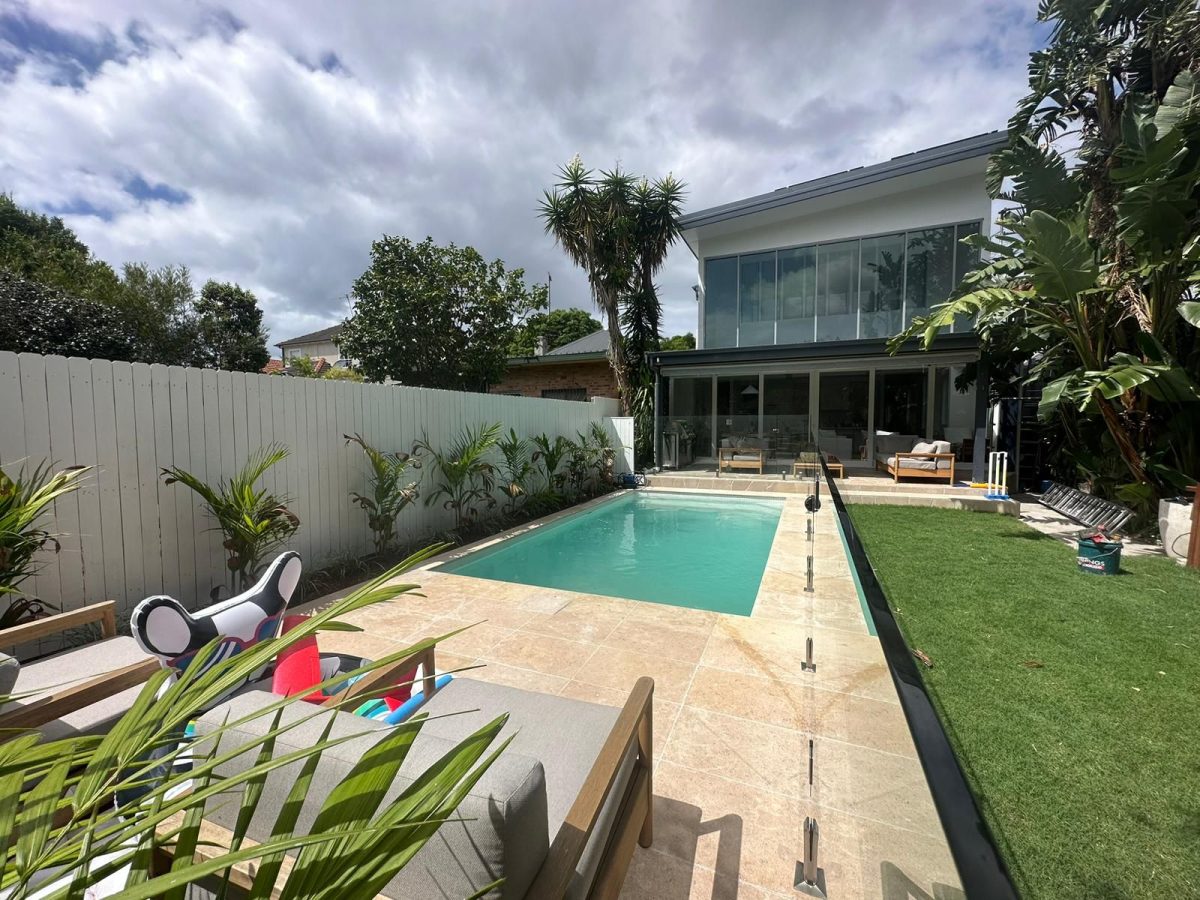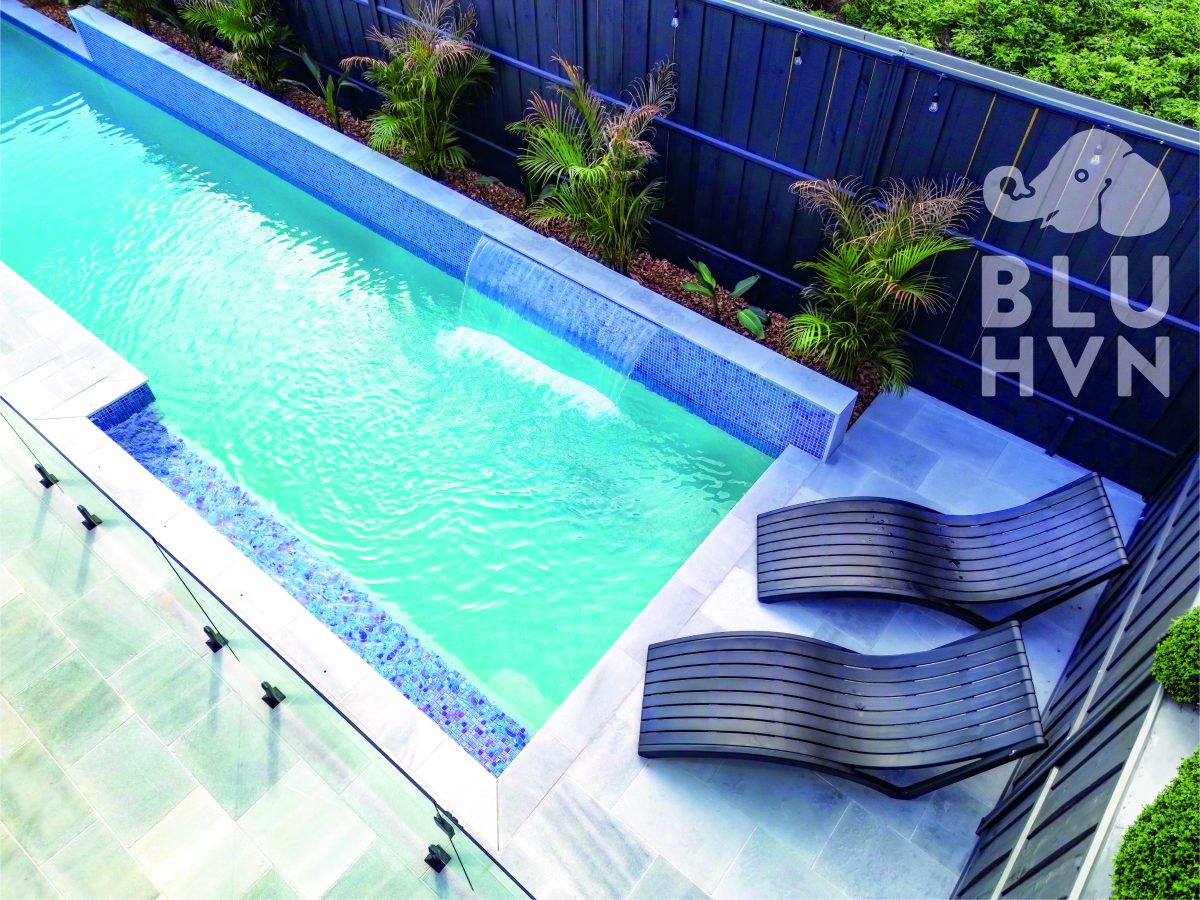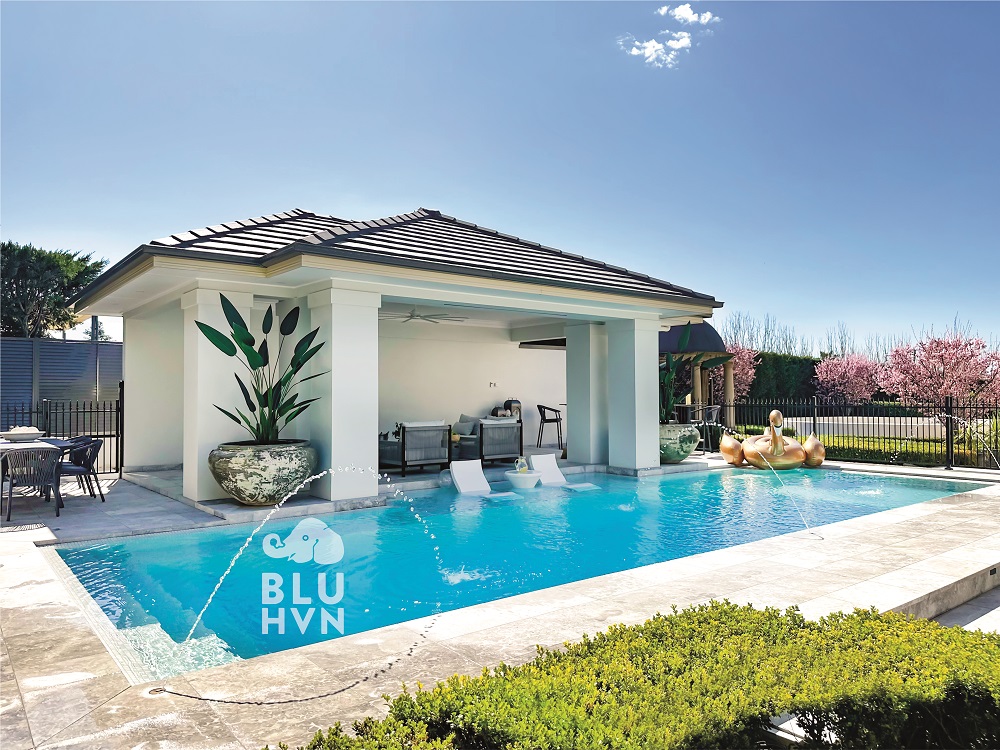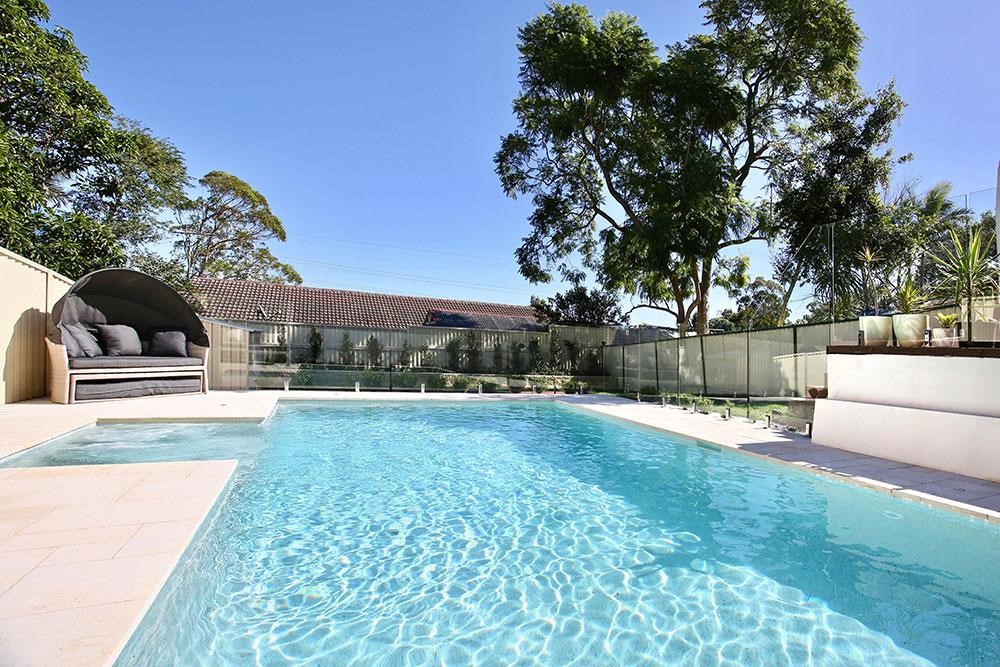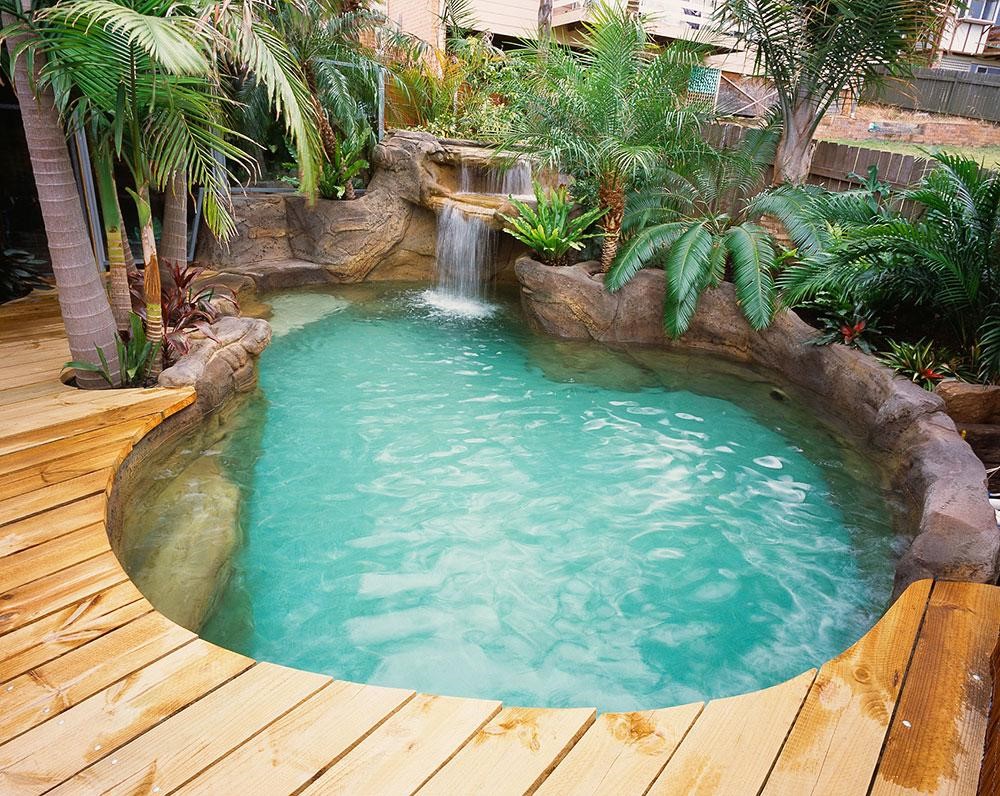Pool Safety First: Preventing Accidents and Ensuring Peace of Mind
September 12, 2023
Water activities are just a part of life for many Australians. With our warm, sunny climate, residential pools are enjoyed by people across the country. However, they are also a place where accidents and injuries can occur without the proper safety measures.
Let’s look at some of the best things you can do to keep your pool safe all year round.
Fencing
Before we go into some optional pool safety tips, let’s talk about the one you must have. In Australia, you must have a 1.2m high fence surrounding your residential pool. This aligns with Australian Standard AS1926.1 – 2012, which applies in NSW, South Australia, Tasmania, Victoria, Western Australia and the ACT. Queensland and the Northern Territory have slightly different rules, but both still require adequate fencing around swimming pools.
Your best option is to speak to a fencing contractor, but your pool installer will always be able to provide guidance here. Only certain types of fencing are acceptable because there are specific rules to follow, including:
- It must be at least 1.2m high all the way around.
- It must consist of a non-climbable zone of 900mm all the way around.
- No greater than a 10cm gap at the bottom of the fence.
- No greater than a 10cm gap between vertical fence bars.
- Gates must swing outwards, away from the pool.
- Gates must also include a self-closing mechanism and latch.
You can be hit with hefty fines for breaching these standards, so if your existing fencing doesn’t meet these requirements, speak to your local pool experts, fencing contractor or licensed builder today.
Flotation devices
While not a legal requirement, flotation devices are strongly advised, especially if children or weaker swimmers use the pool. You can get a range of flotation devices from your pool retailer, sports store, or even a department store. The type of flotation devices you keep around your pool is entirely up to you and should be relative to the kinds of people using the pool.
Most pool owners have plenty of visitors during summer, so it’s always good to have some child-friendly flotation devices, even if you don’t have children of your own. Some inflatable arm floaties, an inflatable ring, a kickboard or two, and even some fun inflatable objects for kids are always a good idea. These are inexpensive and can be stored out of sight until needed.
You may also choose to have more sophisticated equipment on standby, such as a buoyancy ring. This can be invaluable if someone experiences trouble in the water.
CPR knowledge
It’s never a nice scenario to imagine, but if someone suffers an incident in or around your pool, cardio-pulmonary resuscitation (CPR) could be a lifesaver. It’s a good idea for at least one household member to be trained in CPR. Anybody can attend First-Aid training and learn these potentially life-saving skills.
In addition, displaying a CPR sign around your pool is legally required, and it must be readable from 3 metres away. The sign should ideally describe how to perform CPR so it serves as a reference for all pool users. However, even with this sign displayed, you should still consider completing a First-Aid course and learning CPR as a pool owner.
Supervising pool activities
Most people will have heard horror stories on the news about children suffering fatal accidents in residential pools. Again, it’s unpleasant to think about, but circumstances like this are always risky when you own a backyard pool. Children get excited around pools, and any number of injuries can occur. They can slip and fall, have difficulty staying afloat, or even trip and fall into the water.
You can provide all of the flotation devices in the world and have the best pool fencing available, but it won’t help if your children are unsupervised. Always supervise children whenever they are in the enclosed pool area. No matter how confident you are in your child’s swimming abilities, letting them play in or around the pool without supervision is never worth the risk.
Supervising kids in the pool is essential, but don’t forget about adults. Particularly if there is alcohol being consumed around the pool, you’ll want to make sure there’s a responsible person on hand if anything goes wrong.
Teaching pool safety
We already touched on the fact that kids get over-excited near pools and often forget some of the essential safety tips you’ve taught them. That’s why pool safety must be constantly drummed into children (and some older children!). The most common safety tip is not running around the pool because people can easily slip. Even if you have non-slip surfaces around your pool, this is always a good rule to remember.
You’ll also want to teach children how to safely get in and out of the pool. Every pool is different. Some might be suitable for diving and jumping into the water, while others may not be deep enough. So, take some time to teach children the safety tips applicable to your pool.
Encourage swimming lessons
Just because you’ve invested in a pool doesn’t necessarily mean everybody in the house will instantly be a capable swimmer. Many people would recommend that swimming lessons are essential for all kids, whether you own a pool or not. Australia’s climate lends itself to many water-based activities, so children must learn how to swim.
While it’s not a legal requirement, you should definitely enrol your children in swimming lessons if you own a pool. If you’re a confident swimmer and feel you can teach your children safe techniques, that’s a good idea too. But formal swimming lessons cover a range of water safety tips and skills that will benefit kids throughout their whole lives.
Pool cover safety
Many pool owners also have a pool cover to keep debris away from the pool when not in use. Whether you only use the cover in winter months or after every swim, you need to understand how to keep the cover safe. As useful as pool covers are, they can also be a risk to people and animals.
Basically, your pool cover should always be completely on or completely off. This prevents people or animals from falling into the pool and becoming trapped under the cover. Regularly check all of your pool cover anchor points, supports or locking mechanisms (depending on the type of cover you use). Even a small malfunction can pose a serious risk.
Dangerous item storage
When you own a pool, you also need to own a lot of pool chemicals. You may use a whole range of chemicals, such as chlorine, algae neutralisers and more. While safe to add to your pool, these chemicals are hazardous if ingested or misused. These items should always be kept locked in a secure space. Most residential pool setups include some covered areas close by. This is perfect if you’ve got lockable cupboards in your outdoor space. Otherwise, keep all chemicals locked away in the house, especially away from children.
The same applies to all pool equipment, really. Even things like hoses, spare filters and other cleaning supplies can still be a hazard in the wrong hands. It’s really not worth the risk, and because you don’t use these things every day, it’s easy enough to bring them out from the inside when you need them.
Electrical safety
Depending on your outdoor area and pool setup, you likely have some electrical devices in the area. Whether it’s pool lights, outdoor lights, power cords, music equipment, phone chargers or anything else, you must keep them safe.
Most electrical equipment designed specifically for pool or outdoor use, such as designated pool lighting, is usually fine. These products are IP rated for wet areas and therefore considered safe. However, even these should be checked regularly for wear and tear or damage. As for other electrical items that aren’t designed to be water-resistant, keep them well away from the water. This prevents any risk of electrocution and protects the devices, which can be expensive to replace if water-damaged.
Emergency contact information
We’ve already touched on the importance of supervising pool activities. But what about teenagers or young adults who are confident swimmers? They may not want you cramping their style around the pool, but they still need to be protected. This is where signage and emergency contact information comes in handy.
Clearly display a sign near the pool, including all relevant emergency contacts. Firstly, your own phone number, but also include details of the hospital, local doctor, poisons information line and any other services you think may be required in the event of an incident. That way, no matter who uses the pool, they’ve always got somebody to call.
Remember, safety is paramount if you want to keep enjoying all the benefits of pool ownership. If you have any questions at all about fencing, safety equipment or just some advice on keeping your family safe, Blue Haven is here to help. Contact us for all your swimming pool needs.
Read Also:

